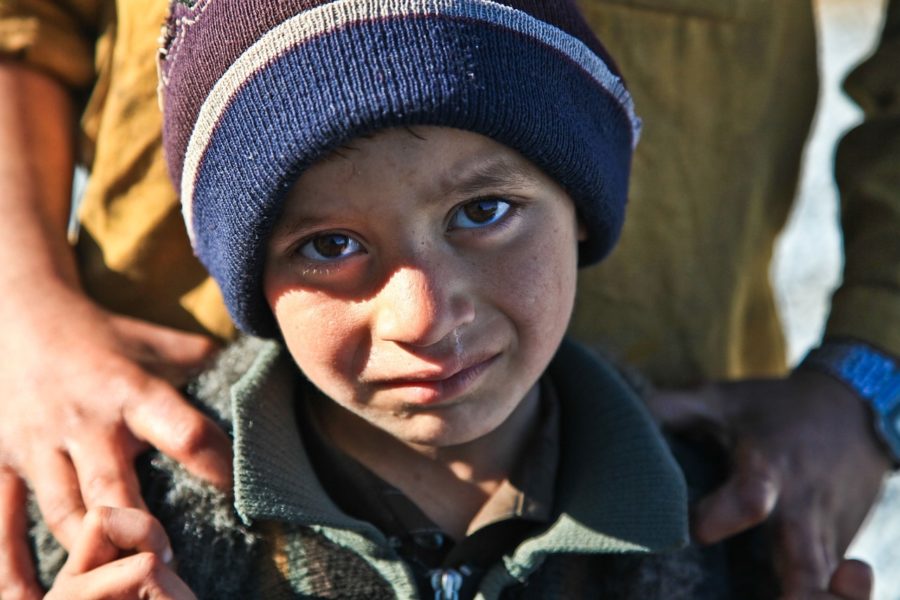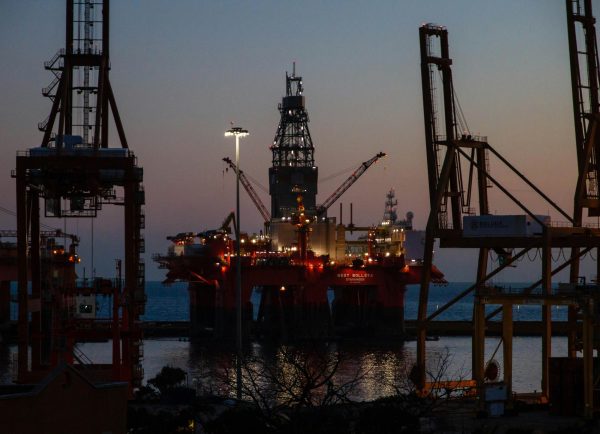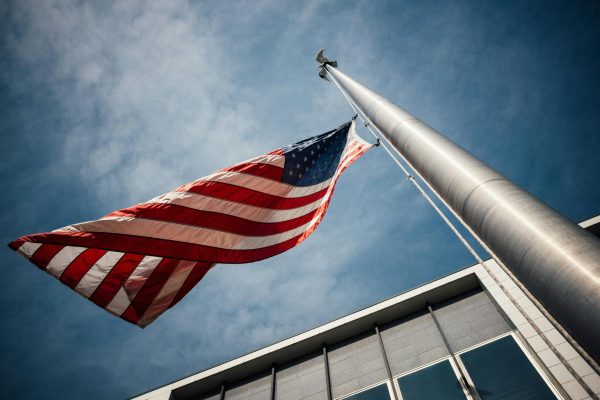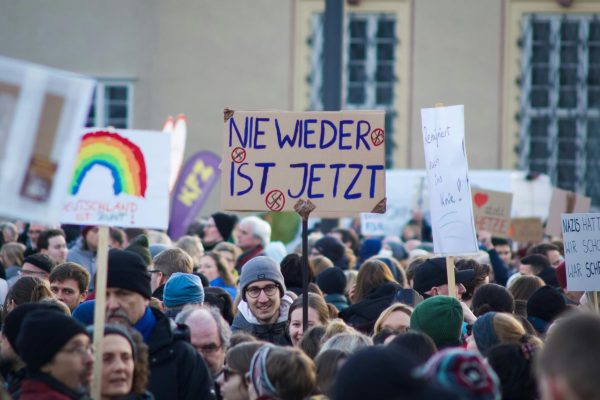Srebrenica 28 Years On: Uncovering the Tragedy and the Bosnian Quest for Justice
It is July 1995: Over only five days, more than eight-thousand men and boys are murdered, and thousands of women are raped in an area deemed a United Nations safe zone. The Srebrenica Genocide was one of the worst episodes of ethnic cleansing in post-World War Two Europe and, unfortunately, not the only event of its kind to take place during the Bosnian War. But what led to the horrific genocide of Bosnian Muslims carried out from 1992 to 1995? What was the involvement of the United Nations throughout this catastrophe?
In order to comprehend the horrific happenings of the Bosnian War, it is essential first to understand the historical context that led to it in the first place. Yugoslavia, the predecessor to both Serbia and Bosnia and Herzegovina, was experiencing severe internal conflict in its final years, including acute economic struggle and the unprecedented rise in Nationalism. These circumstances led to multiple wars of independence, mostly throughout 1991, establishing territories once part of the Socialist Republic as their independent states. What is known today as Serbia was not willing to let Yugoslavia fall apart: as a nation populated primarily by Christian Serbs, they held the status of the majority, a power they were hesitant to give away. Additionally, Serbia held much of the military force in Yugoslavia and comprised most of the army. In response, the nation aimed to create a successor state to Yugoslavia along with Montenegro: in this climate of independence, and with the constant creation of new countries, no one wanted to find themselves in a new nation controlled by the other side.
At the time, Bosnia and Herzegovina was the Socialist Republic of Bosnia and Herzegovina, mainly comprised of Bosnian Muslims, known as Bosniaks, followed by Christian Serbs and, to a lesser degree, Croats. In 1992, during the process of dissolution of Yugoslavia, the Socialist Republic of Bosnia and Herzegovina held a referendum concerning their independence. Although 99% of voters agreed to the matter, the turnout was only 63%, of which a great majority were Bosniaks. This was due to a large portion of Serbs boycotting the vote, as they did not want to become a minority in what could be a new Bosnia and Herzegovina. Consequentially, Bosnian Serbs declared their own state – the Republika Srpska – in 1992, inside the borders of the Socialist Republic of Bosnia and Herzegovina. It was not recognised internationally in any manner – until it was recognised by Slobodan Milosevic, the leader of Serbia and Montenegro at the time, marking the start of the Bosnian War.
A month after the Bosnian declaration of independence in March 1992, a Serbian paramilitary group attacked the Bosnian city of Bijejlina, resulting in the deaths of between 48 and 78 non-Serb civilians in one single day. Several other towns along the Bosnian border with Serbia were attacked in an eerily similar manner. Over three thousand non-Serb civilians were murdered in Prijedor from May to August of the same year, a majority being Bosniak. In Visegrad, three thousand Bosniaks were killed, 70 were imprisoned and burned alive, and women as young as seven were continuously sexually assaulted in an attack spanning solely five months (April to August). 2,074 Bosniaks were murdered in Foca, and many more were massacred in Sarajevo. Concentration camps were established, in which Bosniak victims were held in entirely deplorable conditions, namely in Omarska. By the end of 1992, three thousand more victims’ lives were taken in Zvornik, Vlasenica, and Tuzla. The Srebrenica Genocide was of a scale so large it was simply unheard of since the days of the Holocaust in the 1940s. From July 11th to July 16th of 1995, more than eight thousand unarmed Bosniak civilian men and boys were slaughtered by the Bosnian Serb military forces, thousands of women were violated, and fifty-five United Nations troops were taken, hostage. At this point, Srebrenica, along with several other Bosnian regions, were officially recognised as safe zones by the United Nations. After this continuous streak of catastrophic violence, it became clear that these brutal attacks aimed to ethnically cleanse the regions targeted from their Bosniak populations.
The man who could be predominantly held accountable for this mass-scale genocidal slaughter is Ratjo Mladic, the general who led the army tasked with killing non-Serbs throughout the Bosnian War. Mladic saw the conflict as an opportunity for revenge against the Ottoman Empire. The Ottoman Empire ruled Serbia for almost five centuries. The treatment of the Christian Serbs under Ottoman rule was despicable: as the Ottoman Empire was an Islamic theocratic state, Serbs, who were of a different faith, lived as servants and were abused, humiliated, and exploited. Mladic would refer to Bosnian Muslims as “Turks” as an insult, equating them to the Ottomans who ruled his country with such horror and using the massacres he ordered as the means for what he saw as a form of second-hand revenge.
Ratjo Mladic rose to the ranks of a military chief in 1991, during the collapse of Yugoslavia, eventually becoming the general of the Bosnian Serb army. He was the primary executor of the plan to create an “ethnically pure” Serbian state that was to occupy the territories of both Serbia and Bosnia. He also led the longest siege in modern history, lasting two years and killing ten thousand people. During the Srebrenica massacre, Mladic ordered torture, abuse, rape, the systematic execution of Bosniak males as young as twelve, and the unceremonious disposal of their remains into mass graves.
Present with such direct brutality, the pressure was on for the United Nations to take the international stage and act in order to ameliorate the conflict. Resolution 824, adopted by the Security Council at its 3208th meeting on 6 May 1993 (Pre-Srebrenica), declared Sarajevo, Tuzla, Zepa, Gorazde, Bihac, Srebrenica, and their surroundings as safe zones, meaning the instant withdrawal of Bosnian Serb military or paramilitary units and the implementation of unimpeded access by the United Nations Protection Force (UNPROFOR) and international humanitarian agencies.
Although seemingly essential and effective, this action has been criticised on many fronts for its less-than-adequate enforcement, particularly in Srebrenica. UNPROFOR troops were extremely psychologically and physically exhausted, to the point that, according to a United Nations official’s report to Human Rights Watch/Helsinki representatives, Dutch UN troops were so desperate to leave Srebrenica that they failed to report serious threats of the coming Serbian offensive. Additionally, United Nations peacekeeping officials and Dutch troops were unwilling to respond to requests for support from the Bosnian government, allowing Bosnian Serb forces to easily overrun defences and invade Srebrenica – which, again, was officially recognised as a safe area – resulting in the horrendous massacre we all know of today.
Another severe allegation against the United Nations’ involvement in the Bosnian War involves the erasure of possibly incriminating footage. The UN has been said to have destroyed video footage that may have displayed scenes of UN troops standing by while Bosnian Serb forces organised the slaughter of Bosniaks at the Potocari United Nations base. General Hans Couzy, former commander-in-chief of the Royal Netherlands Army, has admitted to having ordered the footage to be destroyed, as it identified Dutch troops. The potential loss of such pivotal evidence is devastating, as it not only deprived the International Criminal Tribunal for the Former Yugoslavia of what could have been used to identify and charge perpetrators but also denied Bosniak families the opportunity to discover missing relatives.
On November 21st, 1995, the presidents of Bosnia, Croatia, and Serbia signed the Dayton Accords, ending the war and tracing a General Framework Agreement for Peace in Bosnia and Herzegovina. The agreement preserved Bosnia as one state while dividing it into two parts, the Bosniak-Croat Federation and the Bosnian Serb Republic, maintaining Sarajevo as the capital city. In the present day, Bosnia and Herzegovina has a bicameral legislature and a three-member presidency consisting of one representative from each of the three major ethnic groups (Bosniak, Serb, and Croat). The government is made up of the Federation of Bosnia and Herzegovina, the Republika Srpska, and a third Brčko District, governed locally.
Ratjo Mladic became one of the most wanted European criminals by the end of 1995, with an international arrest warrant against him being issued in 1996. The International Criminal Tribunal for the Former Yugoslavia (ICTY) was set up to investigate atrocities such as the events of the Srebrenica genocide. Ratjo Mladic was prosecuted by the ICTY, a trial he interrupted with an angry outburst, and charged with genocide, crimes against humanity (persecution, extermination, murder, and deportation), and war crimes (murder, terror, unlawful attacks on civilians, and the taking of hostages). The only occurrence to be officially recognised (by the U.N. General Assembly, the U.N. Commission on Human Rights, the World Conference on Human Rights, and the International Criminal Tribunal for the Former Yugoslavia) as genocide was the Srebrenica attack, a decision that has been met with critique.
Genocide denial in Bosnia has become a serious issue, so much so that on the 23rd of July 2021, the denial of the Bosnian genocide and the glorification of war criminals was outlawed, to be punished with prison sentences of up to five years. A large portion of genocide denial in Bosnia could be attributed to Milorad Dodik, former Bosnian-Serb president (as a part of the three-member presidency), who claims bias against Serbs in Bosnia. Dodik has declared the genocide “a fabricated myth” and named it “the greatest deception of the 20th century”.
The Bosnian genocide stands as a demonstration of the absolute worst of the human race and a constant reminder of the dangers of hate and extreme Nationalism. The involvement of the United Nations is rightfully criticised, and the consequential events should be kept in mind in handling any future conflicts, especially involving the declaration of safe zones. The Bosnian genocide and the thousands of lives lost because of it must be remembered so as to prevent such atrocities from being repeated. The victims rightfully have the right to justice, so genocide denial and misinformation must be dealt with immediately.





